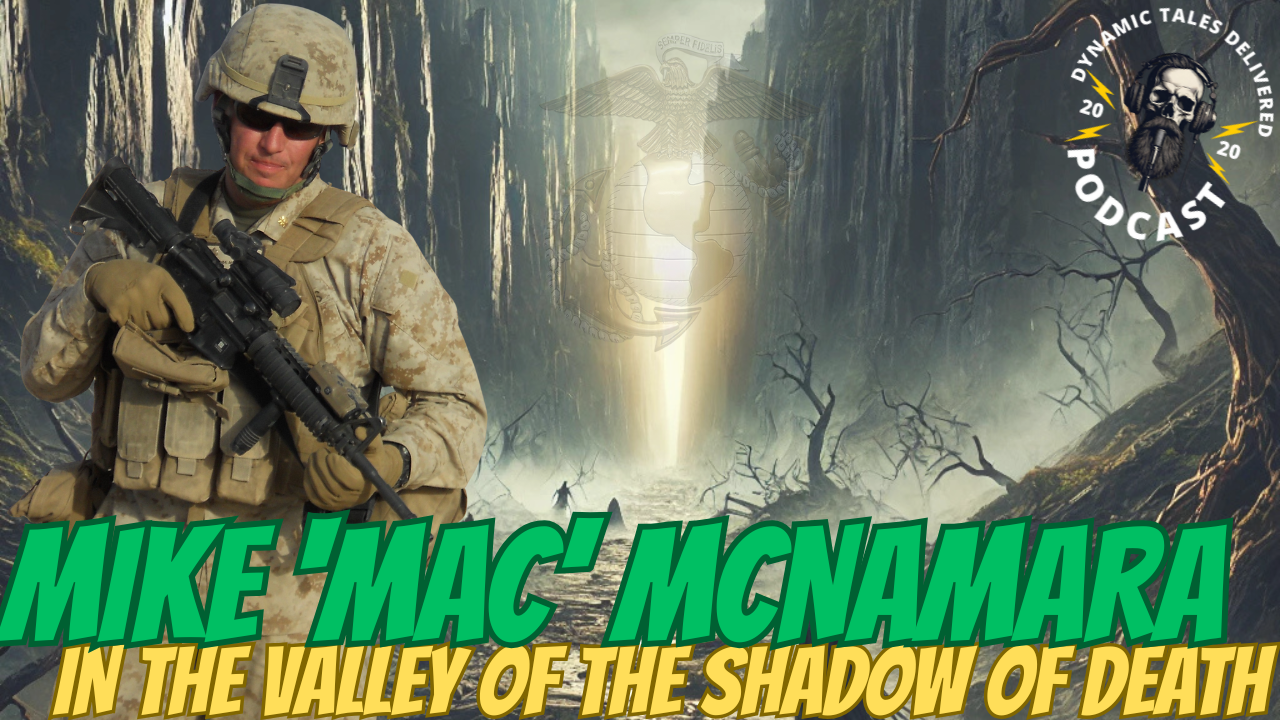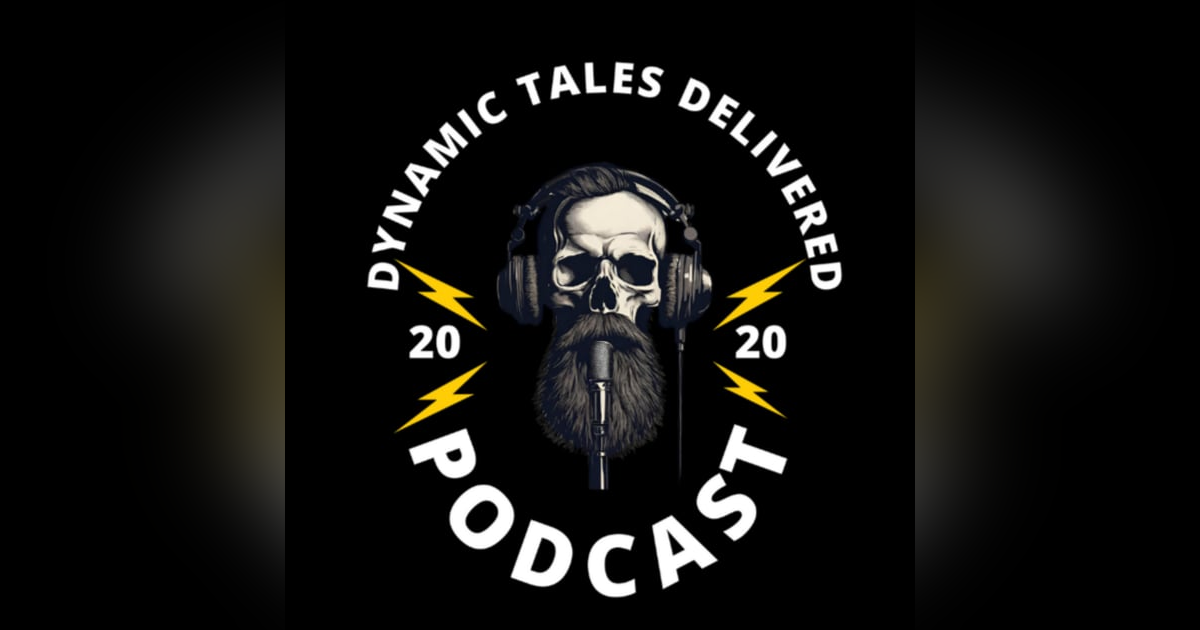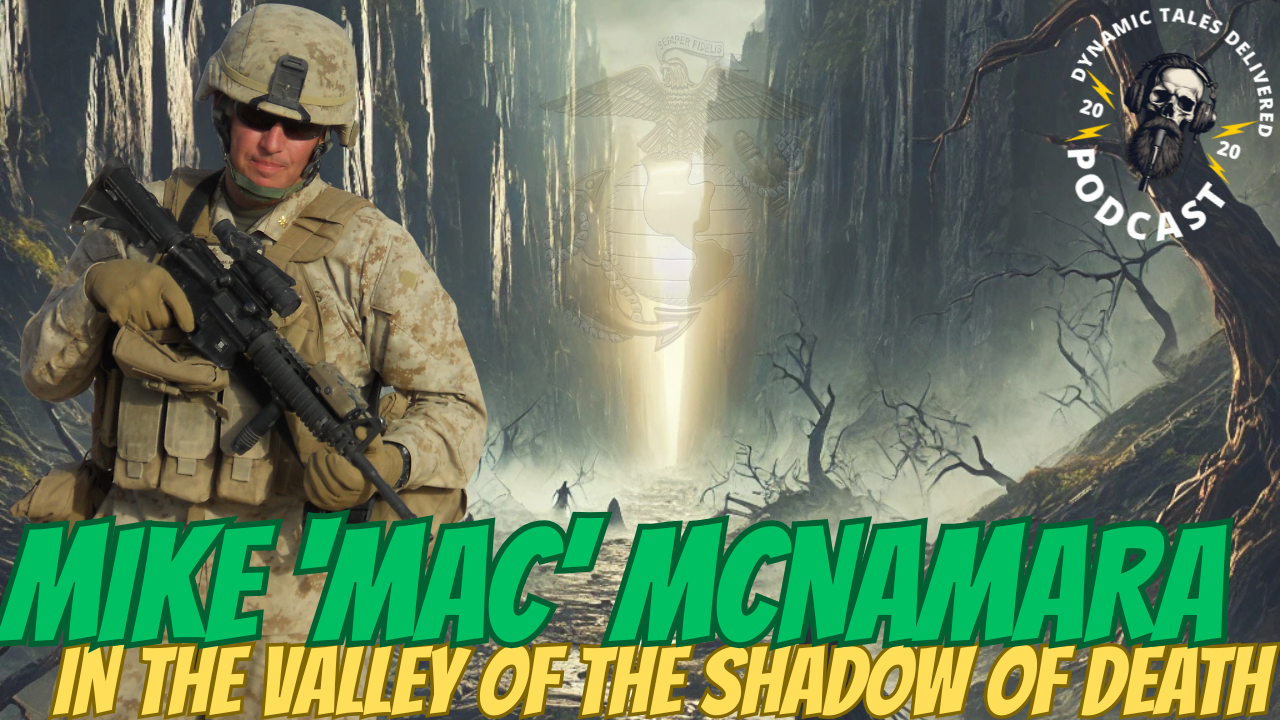You Don’t “Get Over” It—You Learn How to Live

We like tidy endings. We want to believe that time sands down the sharp edges, that the worst things eventually drift into the rearview. But that’s not what Mike “Mac” McNamara teaches. A Marine officer who has known the blast radius of war and the shrapnel of family tragedy, Mac says the quiet part out loud: you will never “get over” the things that broke your heart—and that truth can set you free.
Mac’s path to that honesty didn’t start in a combat zone; it began with order and love—a strict Catholic home, a famous baseball dad, then the slow unraveling of a family that looked perfect from the stands.
He carried that early turbulence into adulthood and then straight into catastrophe: a 1993 helicopter crash at 29 Palms, close enough to wash blood from his hands, and—three years later—the murder of his two young nephews, which forced a father to answer the unanswerable for his own sons.
So when his company gunny told him, quietly, “You’ll never get over this,” Mac bristled—then listened. That blunt sentence became a compass: trauma doesn’t vanish; we learn to coexist with it and still build a good life.
His work—book From Trauma to Joy and the Post-Traumatic Winning program—grew from conversations like that, and from people like Peter Ostrovsky, a father whose son died in a preventable Marine training incident and who somehow turned grief into service. Peter is Mac’s proof that transformation is teachable.
Mac also confronts a hard statistic: most Marine suicides aren’t about deployments—80–90% of those who die by suicide never left the country. The deeper pattern, he argues, is the weight of early wounds: adverse childhood experiences that make the Corps, law enforcement, and special operations a magnet for “tough kids” who learned to survive before they learned to speak about pain.
And here’s the pivot that makes people lean in: Mac draws a line between “mental health” and “mental fitness.” The first treats diagnoses. The second is a life skill we can train—especially after life kicks our ass. What do you do when you struggle? Because the default in our system—numb the symptoms, talk every other week—has left too many people alone with their ghosts.
Faith lives here too, but not as a platitude. Mac rejects the idea that God “steers metal through the air.” He sees randomness and human choice, and insists that meaning is something we practice: telling the truth, carrying one another, doing the next right thing—again and again.
This is the offer: not a cure, but a cadence. Speak it. Learn new skills. Serve someone. Build mental fitness. Walk with your pain until it walks with you. You won’t get over it—but you can get on with it, and you can still build a great life.
Your move: in your own story, what truth are you ready to say out loud, what skill will you train when the wave hits, and who will you bring with you so the next mile isn’t walked alone?










